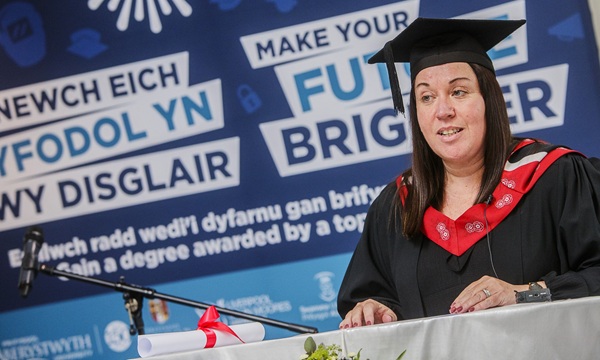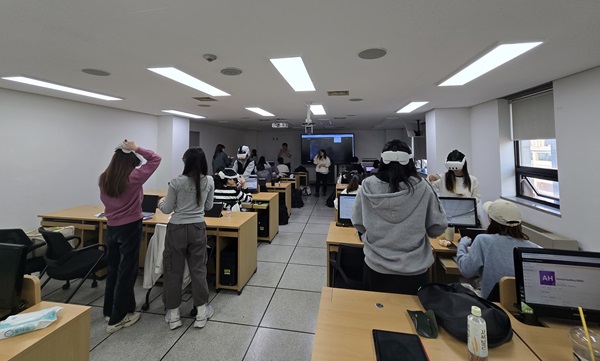The accountancy sector is facing an urgent talent crisis, with accountants blaming outdated and negative perceptions for the weak talent pipeline.
The latest research from accountancy software provider FreeAgent surveyed 337 accountants and bookkeeping professionals to highlight the health of the industry’s talent pipeline and the future skills needed for the profession.
With a sharp decline in the number of students choosing to pursue accountancy qualifications, among the most significant obstacles are negative stereotypes about the profession, cited by 57.1% of respondents, high education costs (47.1%), and the lengthy qualification process (41.9%). Other factors, such as a lack of understanding about the profession’s diverse opportunities (37.7%) and limited access to apprenticeships or internships (28.9%), further contribute to declining enrollment. This combination of challenges is not only limiting the profession’s ability to attract new talent but is also threatening the diversity and inclusivity of its workforce.
According to the research, a fifth (20.9%) of accountants have experienced discrimination or bias based on their gender, race, ethnicity, sexual orientation. The urgency for reform in the accountancy sector is clear, especially regarding advancing diversity, equity, and inclusion (DEI) policies.
When asked how the industry could welcome further diversity, measures included:
- More flexible or remote working opportunities (41.9%)
- Improved transparency around pay and promotions (38.2%)
- Improved hiring practices (33.9%)
- Mentorship and/or coaching (32%)
- Enhanced parental leave policies (26.7%)
- Establishing a culture of accountability (23.6%)
- Providing more flexible working options and benefits alongside nurturing an inclusive culture not only pave the way for greater DEI but also position the industry to better meet future challenges.
“Addressing the decline in accountancy enrollments is not just about attracting new talent; it’s also about fostering a diverse and inclusive workforce,” said Rachel Harris, founder of Accountant, she. “To create a more equitable profession, we must tackle the misconceptions that deter individuals from pursuing a career in accountancy, as well as the systemic barriers that hinder their advancement once they enter the field.
“Many people are unaware of the diverse, rewarding careers within accountancy, and misconceptions often discourage potential students. Ensuring the industry’s health and sustainability requires proactive reforms to make accountancy more accessible and attractive
“The time to act is now. We need fresh strategies to attract and retain talent in accountancy, particularly as the industry evolves in response to changing economic conditions and workforce demands. Addressing these issues is crucial for ensuring that the next generation of accountants is prepared to meet the challenges of tomorrow.”
The survey also highlighted how accountants see the industry evolving in the future, specifically when it comes to the skills that will be needed for a successful career. When asked how accountancy skills will change over the next 3-5 years, 69.3% of respondents said that greater technological knowledge will be needed to work with new software and processes – with 61.3% specifically calling out the need to better understand AI and smart data technology.
In addition, 57.1% called out the need for greater tax knowledge and expertise in order to meet new legislative changes; 53.1% highlighted the ability to be able to provide wider business advice to clients; and 34% said accountants would need to develop better interpersonal skills as client relationships evolve.
Roan Lavery, CEO and co-founder of FreeAgent, said:
“Our research not only shows how accountants feel about the decline in new talent within the industry and how this will have wider implications within the economy, but also how they see accountancy evolving as a career in the coming years.
“It’s vital that the next generation of accountancy professionals are properly supported in their career development and have the opportunity to learn important new skills. Without this, many small businesses that rely on skilled financial professionals for guidance on compliance, planning, and growth will find it difficult to thrive in the years ahead.”







